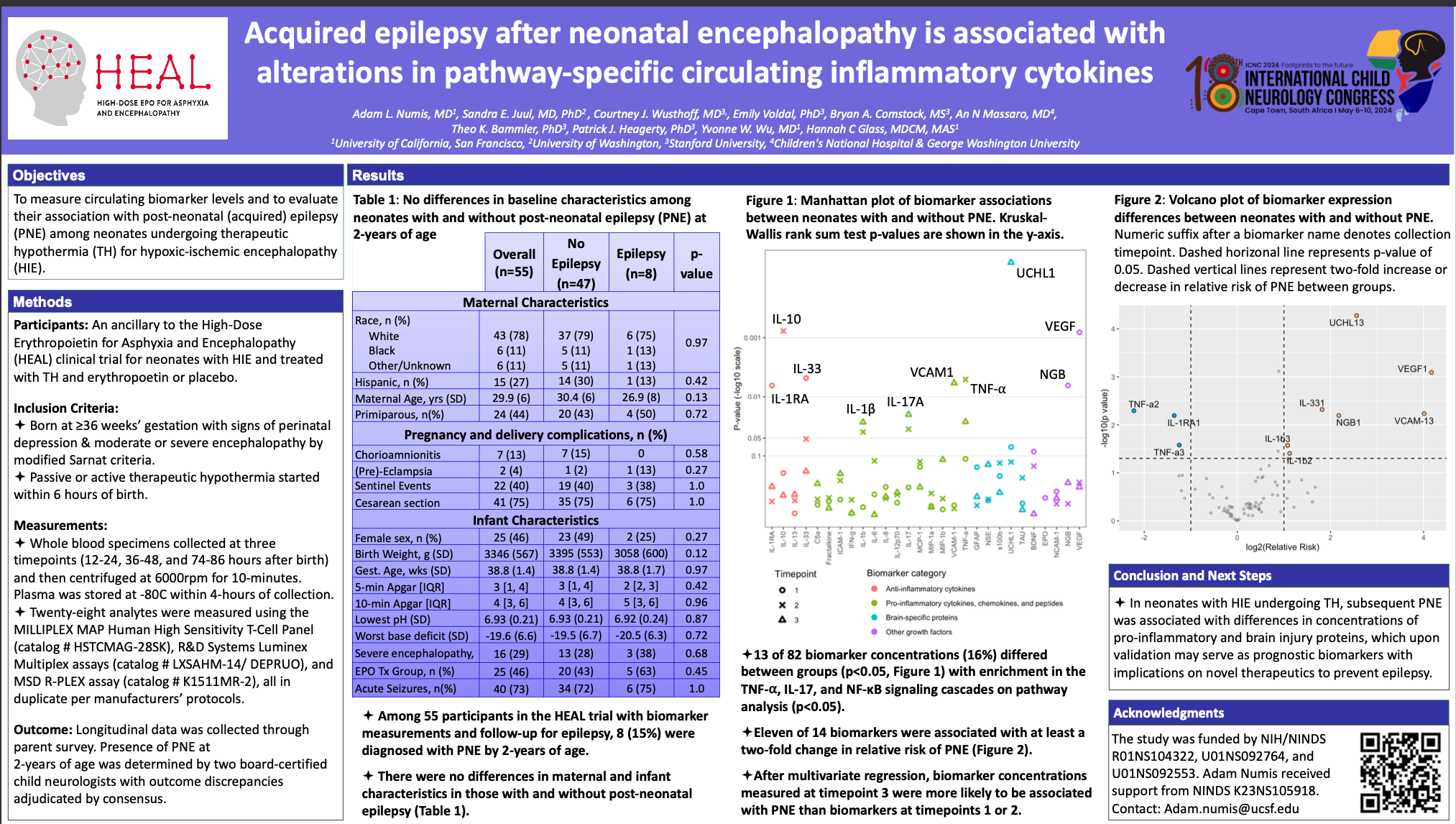Guillain-Barré Syndrome with Anti-GT1a Ganglioside Antibody: A Case Report
Objective: Guillain-Barré Syndrome (GBS) is an acute and rapidly progressive autoimmune disorder affecting peripheral nerves and nerve roots. This case report presents an 11-year-old boy who developed GBS with serum anti-GT1a IgG antibody positivity, a rarity in cases with GBS.
Case: An 11-year-old boy, previously diagnosed with juvenile rheumatoid arthritis, initially experienced weakness in his legs. The following day, he developed an inability to walk, weakness in his arms, hoarseness, and difficulty swallowing. He had a recent history of an acute upper respiratory tract infection two weeks before the onset of symptoms. On neurological examination, he had tetraparesis with absent deep tendon reflexes in his extremities. Cerebrospinal fluid analysis indicated cytoalbuminologic dissociation. Serum anti-GT1a IgG antibodies were positive. Electromyography revealed motor axonal polyneuropathy. Brain and spinal MRI were unremarkable. Based on these clinical and laboratory findings, the diagnosis of GBS was confirmed. On the third day of hospitalization, he experienced arterial hypertension respiratory failure and required intubation. Intravenous immunoglobulin (IVIg; 2 g/kg) and plasmapheresis (total 5 sessions) were administered. At the 3rd month follow-up visit, only tremors were still present.
Sultan ÇİÇEK
Department of Pediatrics/Child Neurology
ANKARA, Turkey
Miraç Yıldırım
Department of Pediatrics/Child Neurology
Ankara, Turkey
Ömer Bektaş
Assoc. Professor
Department of Pediatrics/Child Neurology
Ankara, Turkey
Serap Teber
Department of Pediatrics/Child Neurology
Ankara, Turkey

Miraç Yıldırım
Department of Pediatrics/Child Neurology Ankara, Turkey